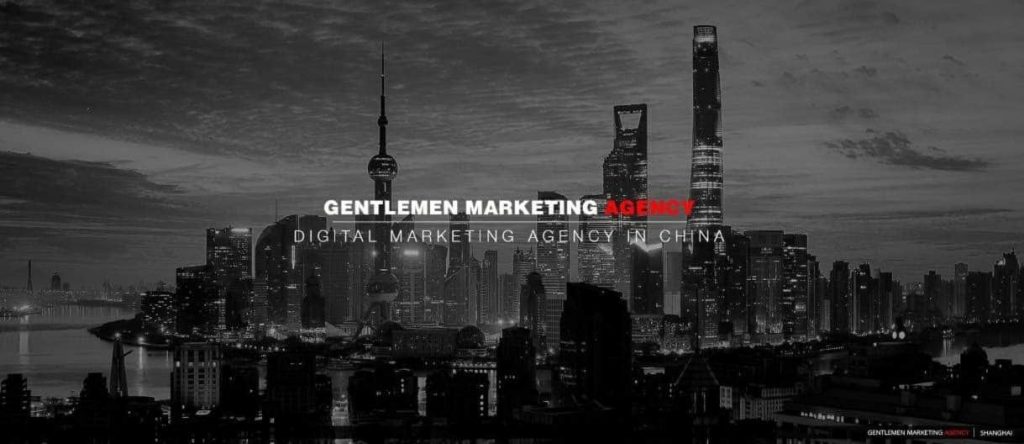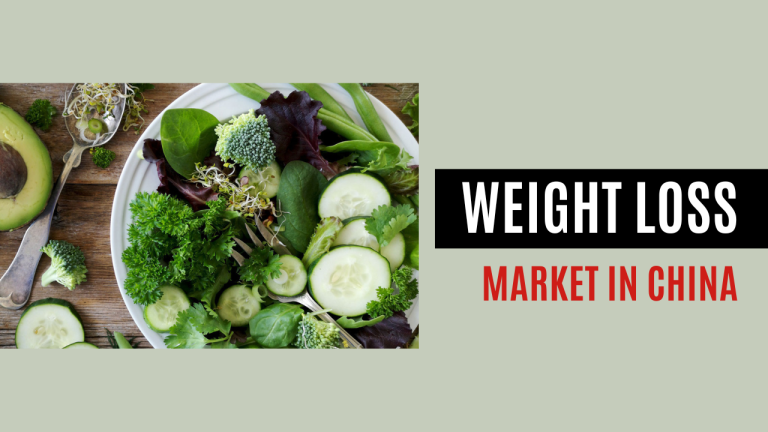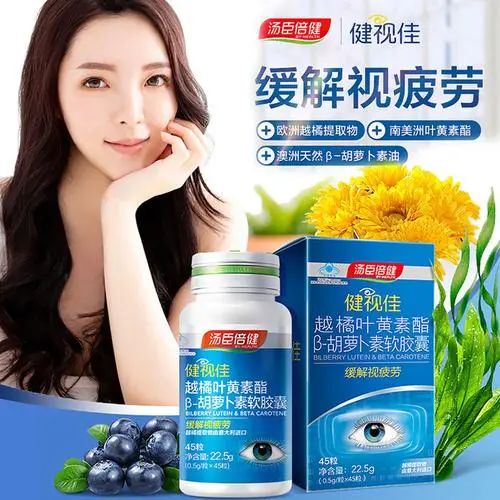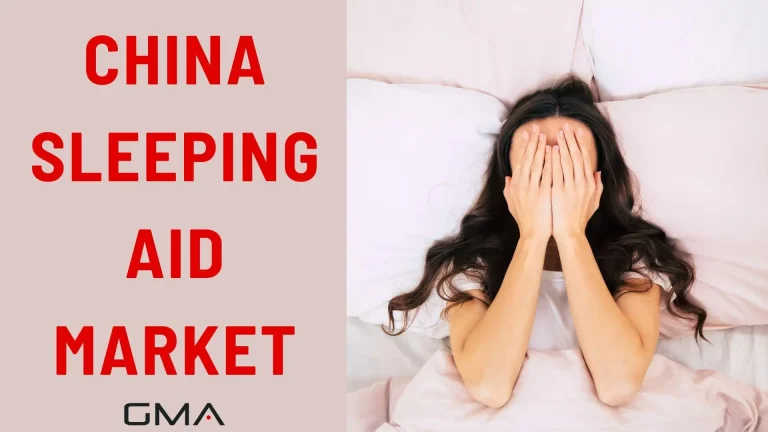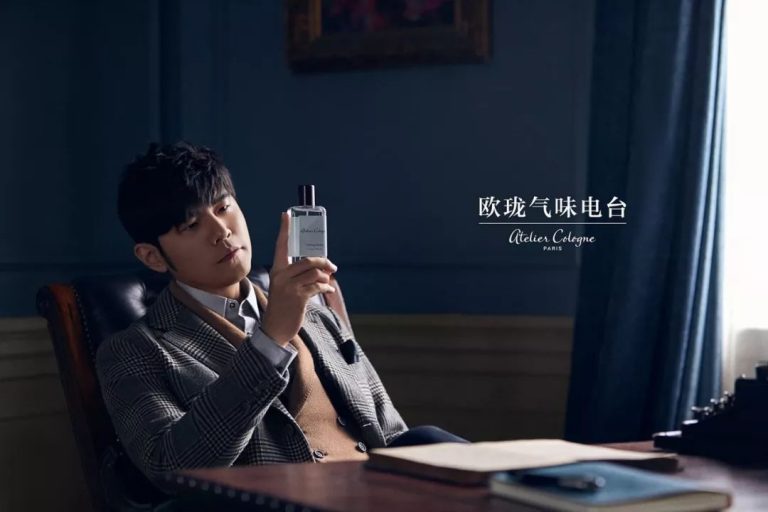In recent years, China has witnessed a significant surge in the popularity of anti-aging products, particularly among the younger generation. Driven by a culture that places a high value on youth and beauty, Chinese millennials are increasingly investing in anti-aging pills and supplements. These products promise to stave off the visible signs of aging, aligning with the deeply ingrained societal norms that favor a youthful appearance. However, this trend is not without its critics.
The beginning, explanation : a notable instance of pushback against this age-shaming culture came in May 2018 when actor Lixin Zhao took to Weibo to express a controversial stance. Zhao’s open critique of the societal pressure to maintain a youthful facade highlighted a growing discomfort with the rigid beauty standards prevalent in Chinese society. This dichotomy between the rising popularity of anti-aging products and the emerging voices against age-shaming underscores a complex and evolving narrative around aging and beauty standards in modern China. source JIngdaily
Need a cost effective TP (Tmall Partner) to sell in China?
We are an Official Tmall Partner e-commerce Agency. Our Services: E-Commerce, Search Engine Optimization, Advertising, Weibo, WeChat, WeChat Store & PR.
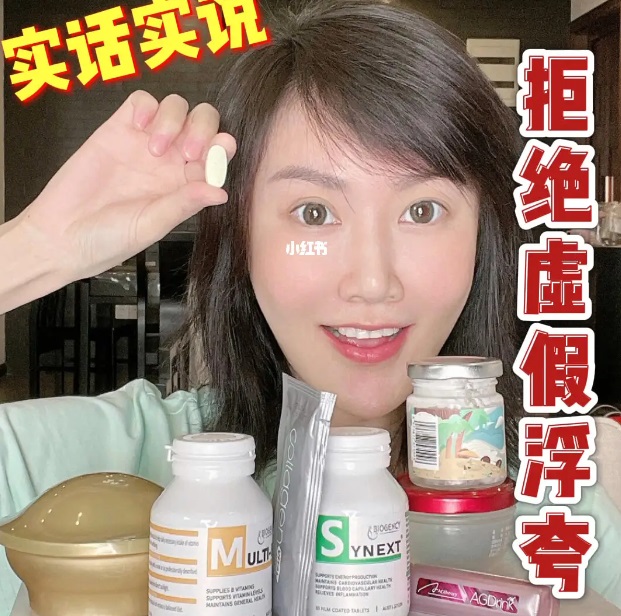
Chinese Millennials’ Growing Fascination with Anti-Aging Supplements
In China, the quest for eternal youth is not just a myth but a burgeoning market trend, especially among millennials. Driven by a deep-seated fear of aging, this demographic is increasingly turning to anti-aging nutritional supplements as their elixir of youth. Here’s a look at how this market is evolving and capturing the hearts of young Chinese consumers.
- Skyrocketing Sales and Market Growth: The anti-aging supplement market in China has seen a modest increase, reaching sales of about 160 million. This market, including NMN (Nicotinamide Mononucleotide) health supplements, is predicted to grow at an astonishing annual rate of 74%, jumping from 5.1 billion in 2020 to 27 billion in 2023.
- The Demographic Behind the Demand: The primary consumers of these supplements are young to middle-aged women who are financially capable and deeply invested in their health and quality of life. They are mostly white-collar workers from first-tier and emerging first-tier cities. For them, incorporating supplements into their beauty routine is non-negotiable, ranging from collagen drinks for firmer skin to skin-whitening pills for a clearer complexion.
- Social Media Influence: Platforms like Little Red Book (Xiaohongshu) are buzzing with over 80,000 users sharing their supplement routines under hashtags like #beautysupplement. The narrative is clear – supplements are an integral part of the beauty regimen for the modern Chinese woman, often featured alongside selfies that promote a youthful appearance.
- The Holistic Approach to Beauty: The latest trend among Chinese millennial women is an exhaustive beauty regime: a 10-step skincare routine, medical beauty treatments, beauty supplements, and physical exercise. This holistic approach is not just about looking good but feeling good from the inside out.
- International Preferences and Emerging Trends: Tmall Global reported a 2.8-fold increase in beauty supplement consumers over a year, with preferences leaning towards products from Australia, the U.S., and Japan. Collagen protein drinks, dietary fiber, and antioxidant-rich grape seed pills top the sales charts. Interestingly, products like instant bird’s nest, Korean ginseng, and peach gum are gaining popularity, indicating a shift towards more holistic and diverse beauty products.

The Rise of ‘Pretty Pills’ in modern Society
These supplements, often dubbed ‘pretty pills’, have become mainstream among young, urban Chinese women. Influenced by K-pop idols, a growing plastic surgery culture, and the pressures of social media, there is an intense focus on achieving flawless skin. As highlighted in a New Yorker article, the photo-editing app Meitu reflects the beauty standards young Chinese women aspire to, emphasizing features like enlarged eyes and whitened skin.
How to market anti-aging supplement brand in China

Selling anti-aging pills in China requires a strategic approach that leverages the unique aspects of the Chinese market. Here are 10 tips to effectively market and sell your anti-aging products in this dynamic landscape in 2024
- Embrace Tmall Global: Leverage Tmall Global, one of China’s largest e-commerce platforms, to reach a vast audience. Optimize your product listings and use Tmall’s marketing tools to enhance visibility.
- Maximize Douyin’s Potential: Use Douyin (Chinese TikTok) for creative and engaging marketing campaigns. Showcase your products through short, captivating videos that resonate with the youth-focused audience.
- Leverage Xiaohongshu (Little Red Book): Utilize Xiaohongshu for lifestyle and beauty-focused marketing. Share engaging content and product experiences to tap into its community of health-conscious users.
- Cultural adaptaion in Marketing: Ensure your marketing campaigns are culturally sensitive and align with Chinese values and aesthetics. Tailor your messaging to resonate with the local audience’s preferences and lifestyle.
- Build and Maintain a Strong Reputation: Focus on maintaining a positive brand reputation. Address customer concerns promptly and ensure high-quality products to build trust with your audience.
- Utilize PR and Media Outreach: Engage with media and PR to gain broader exposure. Feature your products in popular health and lifestyle publications to increase brand awareness.
- Craft a Compelling Brand Story: Develop a compelling brand narrative that resonates with Chinese consumers. Emphasize the uniqueness of your products and how they align with the anti-aging needs of your target market.
- Collaborate with Key Opinion Leaders (KOLs): Partner with influential KOLs &Daigous in the beauty and wellness industry. Their endorsements can significantly boost your brand’s credibility and reach.
- Encourage Positive Reviews and Feedback: Positive reviews are crucial in the Chinese market. Encourage satisfied customers to share their experiences and testimonials to build social proof.
- Engage with Testimonials: Use authentic testimonials in your marketing materials. Real stories and results from customers can be a powerful tool to convince new buyers.

Successfully selling anti-aging brand in China involves a combination of strategic e-commerce platform utilization, effective social media marketing, strong KOL partnerships, a solid brand story, and maintaining a positive reputation. By integrating these elements, you can create a powerful presence in the Chinese anti-aging market, and also target distribution
Read more
Introducing GMA: The Beauty Supplement expert in China
In this rapidly evolving e-commerce landscape, Gentlemen Marketing Agency (GMA) stands as a guiding force for brands looking to enter or expand in China’s beauty supplement market. Specializing in e-commerce platforms like Tmall and JD.com and leveraging social media giants like Douyin, GMA offers:
- Expert analysis of ecommerce trends and Chinese consumer behavior.
- Tailored strategies for entering the Chinese beauty supplement market.
- Comprehensive digital marketing solutions across platforms.
- Influencer KOL collaborations to amplify brand reach.
- Content localization to resonate with Chinese consumers.
- E-commerce optimization for maximum online visibility.
- Data-driven insights for informed decision-making.
With GMA’s expertise, brands can effectively tap into the burgeoning anti-aging supplement market in China, appealing to a generation that believes in preserving youth from the inside out.
